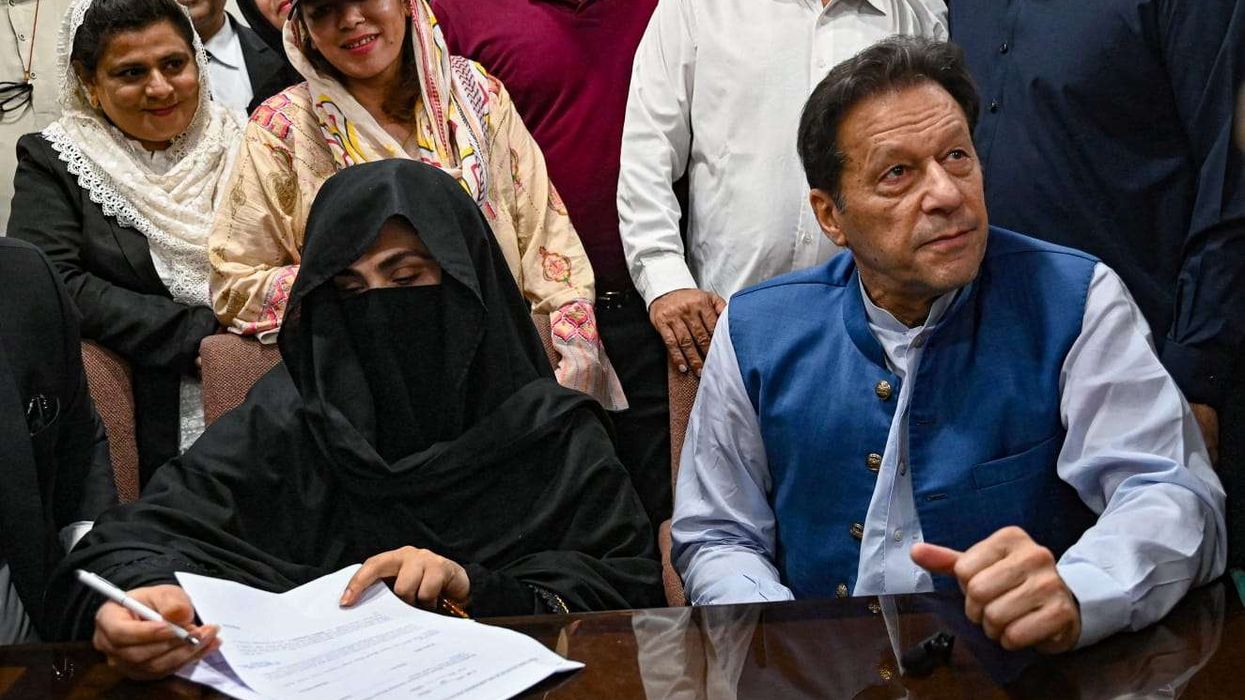Major brands from Aldi to Zara agreed on Thursday (29) to improve conditions for up to 2 million Bangladeshi garment workers, four years after a factory collapse in Dhaka killed more than 1,000 people making cheap clothes for export.
Cut-price fashion giant Primark, H&M, Lidl and umbrella brand Inditex, which owns Zara and Massimo Dutti, are among the 13 retailers that extended a raft of existing standards and agreed on new terms.
The accord covers more than 1,000 factories in Bangladesh and will run for three years from May 2018.
More companies are expected to sign over coming weeks in a deal covering up to 2 million garment workers.
The agreement adds protections for workers who lobby for safer working conditions and extends factory inspections to cover spinning mills as well as washing and dying facilities.
Bangladesh is home to about 4 million garment workers, who make cheap, throwaway fashion items and household goods for export to big-name stores. Many of the factories draw criticism for offering a regime of scant worker rights, lax safety standards, long hours and poor pay.
In the Rana Plaza disaster, one of the worst ever industrial accidents, 1,135 people were killed when an eight-story building housing five factories collapsed.
The collapse of the complex, built on swampy ground outside the capital Dhaka, sparked demands for greater safety in the world's second-largest exporter of ready-made garments and put pressure on companies that buy clothing from Bangladesh.
Unions and retailers concede more must be done - activists say garment workers continue to be abused - but heralded Thursday's agreement as a step forward.
"The accord has not yet met all of its goals, but it has already distinguished itself as a huge advance over all the initiatives that preceded it," said Lynda Yanz, director of the labour rights group Maquila Solidarity Network.
"The agreement has been challenging to implement and it has encountered many bumps in the road, with renovations running well behind schedule in many instances. However, the progress achieved is real, it involves tens of thousands of documented safety improvements and it has reduced risks for millions of workers," she said in a statement.
The previous Bangladesh Accord, signed in 2013, paved the way for fire, electrical and structural safety inspections in more than 1,500 factories and set out plans for the installation of fire doors and stronger buildings.
But nearly four years on, more than 80 percent of factories are running late on renovations, the accord said on its website.
Global fashion retailers say the Dhaka tragedy prompted them to come together to protect workers in developing nations and ensure the safety of buildings. There has also been legislation to ensure greater supply-chain transparency.
Critics say a culture of throwaway fashion means stores put value over quality and sell overly cheap clothes to wealthy consumers at a high cost to the people who make them.
The other stores that signed up are: C&A, Kmart Australia, Target Australia, Otto, KiK, Tchibo and LC Waikiki.











